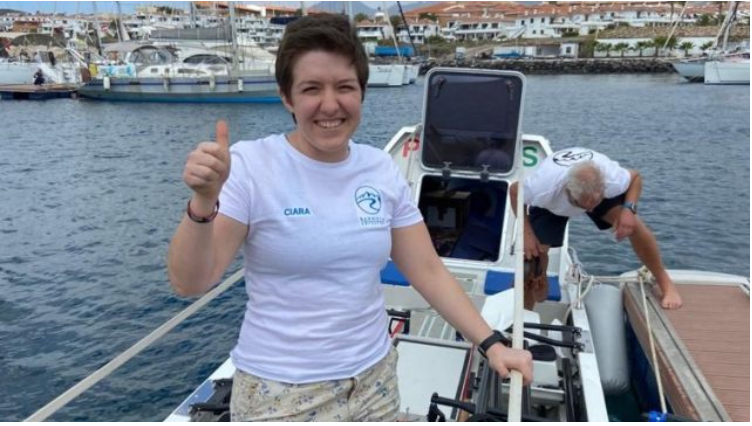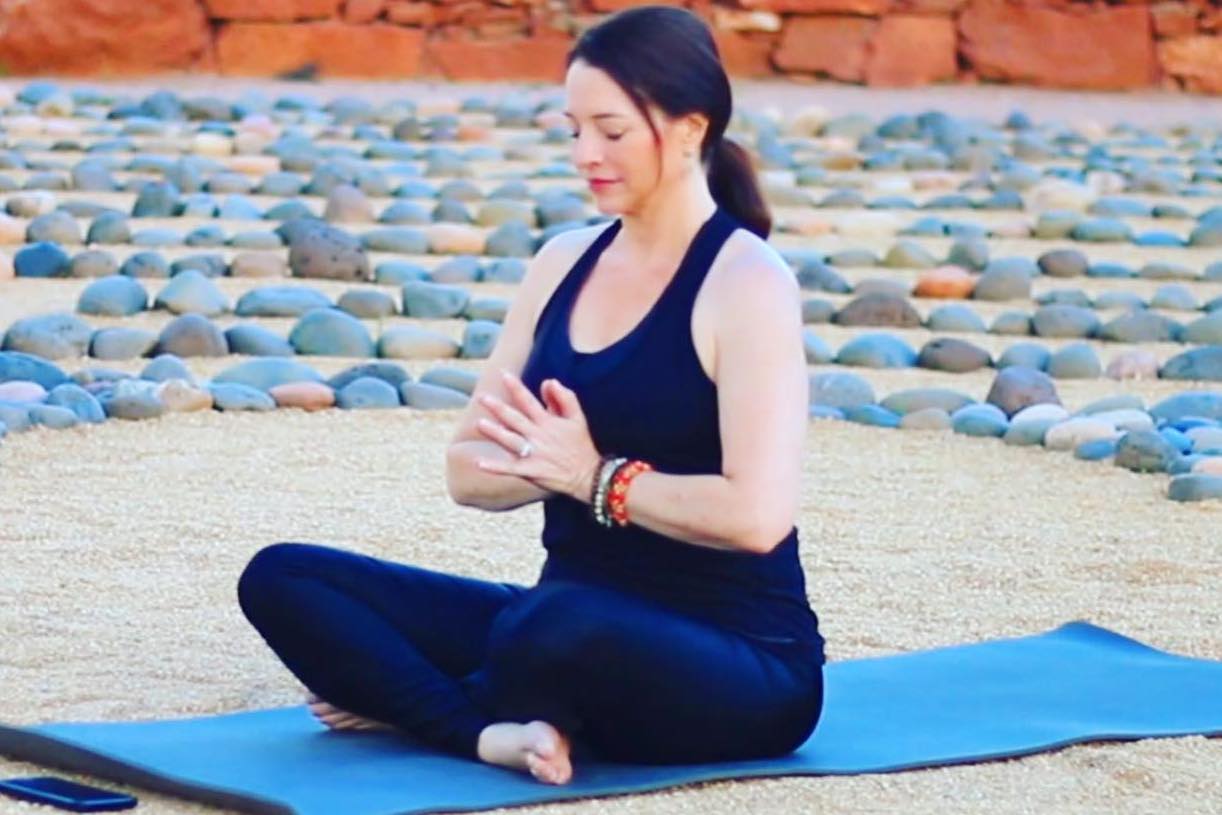
Clara Burns, a 26-year-old graduate scholar of Biomedical Engineering, crossed the Atlantic in a rowing boat within the spring as a part of a workforce from TU Vienna. Help for the research was supplied by Prof. Eugenijus Kaniusas, head of the Biomedical Sensing and Remedy analysis group at TU Vienna.Varied well being measures had been recorded all through the 42 day journey together with heart-rate variability and the main points are reported right here. The workforce members alternated 3 hours sleeping and three hours rowing. One fascinating discovering was that this schedule over time led to degraded sleep high quality. Her physique compensated by rising exercise of the parasympathetic nervous system to guard the guts.
Additionally fascinating had been some ideas discovered for what could be completed higher in future ultra-endurance efforts like this:
- As a substitute of instantly beginning the three hour on, 3 hour off rhythm, it could be higher to extra regularly transition over from a standard day-night rhythm.
- Dr Kaniusas recommends a reward in the course of the journey to maintain spirits up: “Perhaps some particular, pleasing exercise that allows you to have fun that you just’re midway by the trouble and luxury your self over the conclusion that there’s nonetheless an extended approach to go.”



